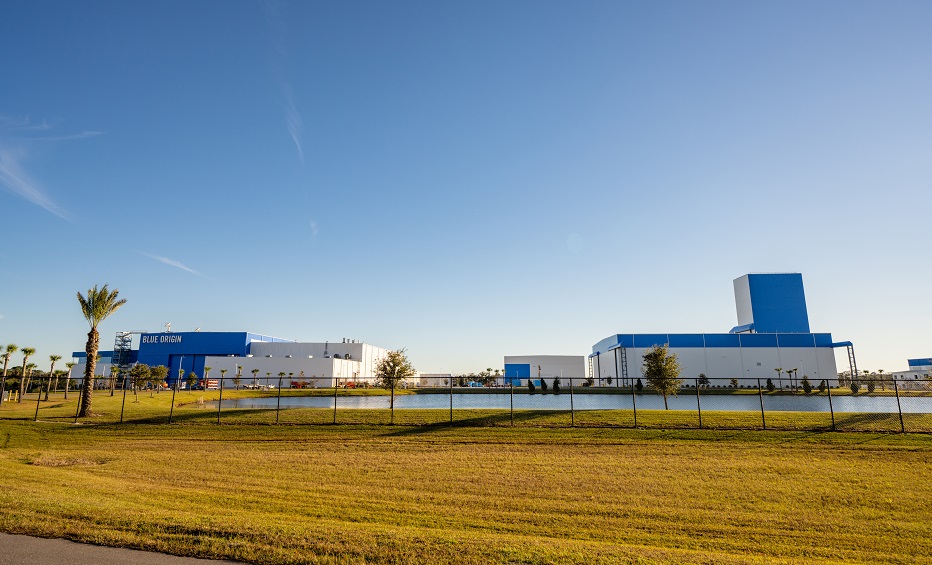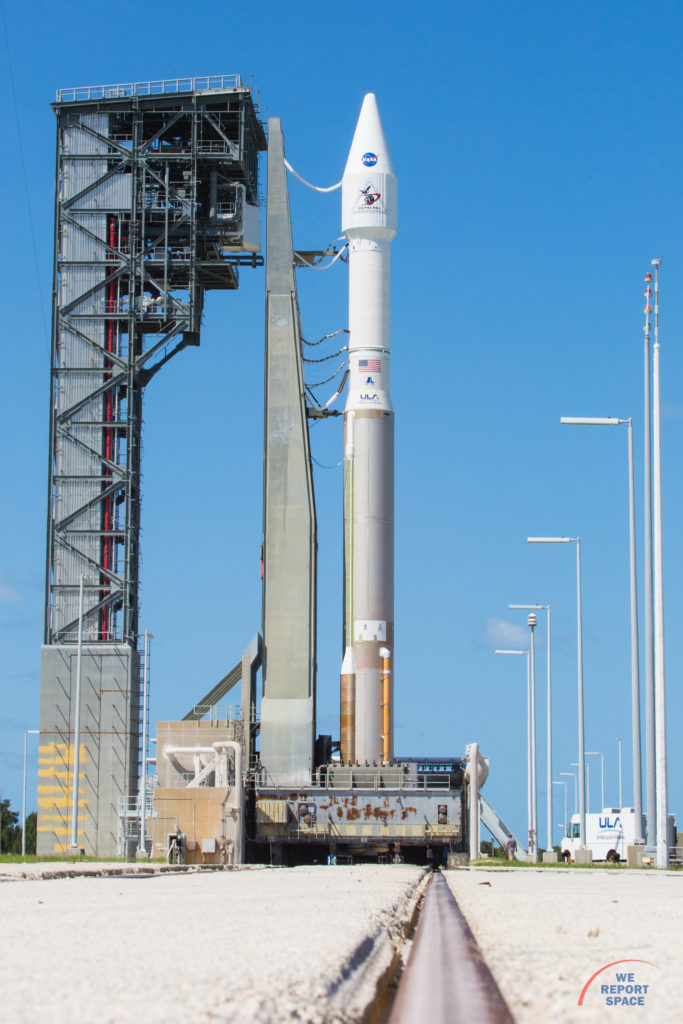
Amazon is developing its own low Earth orbit satellite system to provide Internet connectivity across the planet. They are calling this Project Kuiper.
4/19/21 – Ars Technica – Amazon’s first Internet satellites will not launch on Blue Origin rockets – Some background to start the discussion.
In addition to Amazon, Jeff Bezos also owns a rocket company developing spaceships. It is called Blue Origin. They are developing New Glenn rocket as a lift vehicle. Article says first flight for New Glenn is not expected until fourth quarter of 2022 with likely slippage to 2023.
Big announcement covered in this article is Amazon announcing they will use the Atlas V rocket from United Launch Alliance for the first nine launches of their satellites.

Obviously, Amazon is not going to use SpaceX’s Falcon 9 boosters. Also, Blue Origin’s New Glenn boosters won’t be available until 2022 or 2023, so ULA is the obvious choice for the first several launches.
There is not yet an indication when the first launch take place.
A few interesting comparisons in the article. There have been 85 launches of the Atlas V and 113 launches of Falcon 9.
There are three companies working to develop a satellite-based Internet service:
- Amazon announced launches described in this article
- SpaceX has close to 1,400 Starlink sats in orbit (close to 1,500 now)
- OneWeb has 146 sats in orbit
7/31/20 – Ars Technica – Amazon investing $10 billion to compete against SpaceX in satellite broadband – The “Project Kuiper” system will ultimately have 3,236 satellites in low Earth orbit providing broadband service across the planet.
Amazon plans to invest $10 billion in the project, which has been approved by the Federal Communications Commission.
Satellites will be at three different orbits: 590 km, 610 km, and 630 km.
The FCC approval requires Amazon to have 50% of the satellites operating within six years (7/30/26) and all of them in place in nine years (7/30/29).
They will start offering services when they have 578 satellites in place.